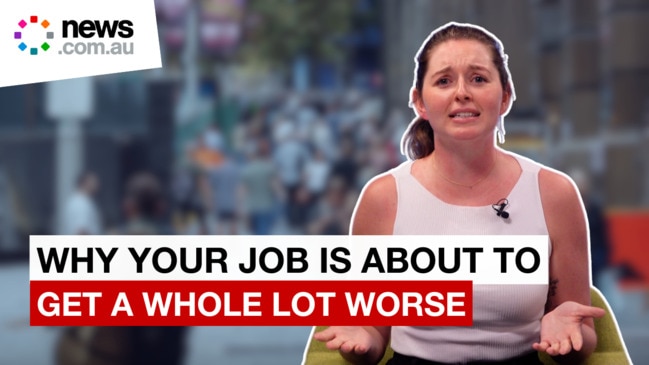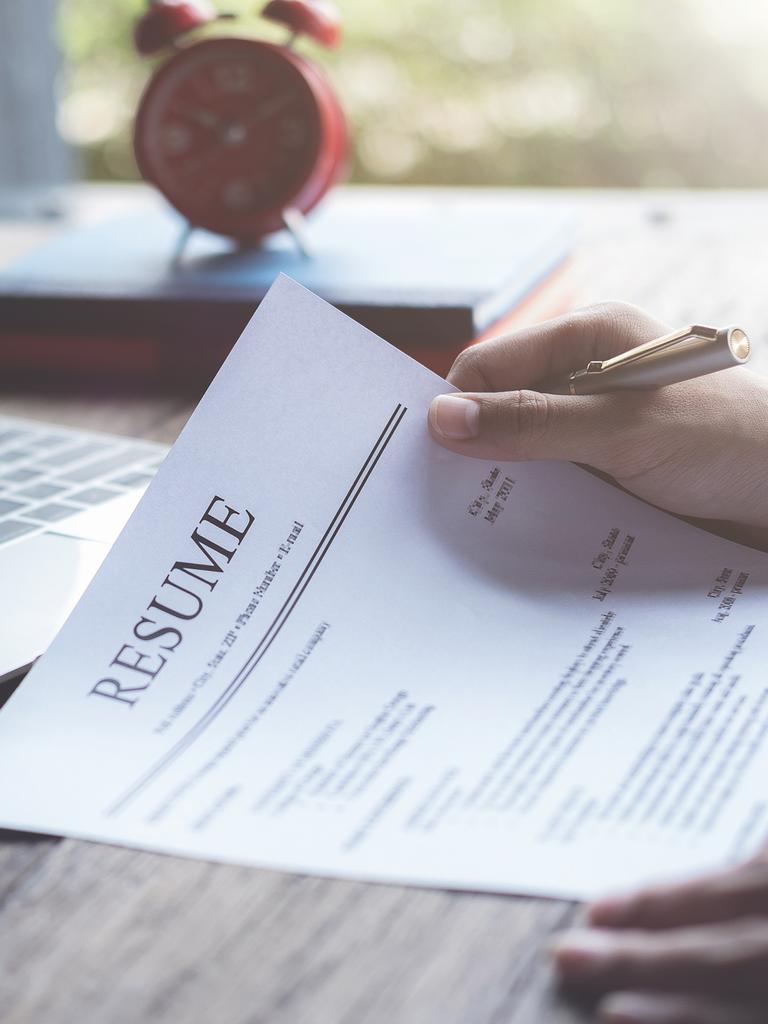‘Won’t get out of bed’: Wild request recruiter has had from Gen Z job hunters
Jobless Gen Zers straight out of university are making increasingly bold demands of Aussie employers when it comes to salary and working from home.

Fresh Gen Z graduates are entering the job search with demands that are so bold that it’s leaving a “bad taste” in the mouths of employers.
We already know that the youngest working generation has had a massive impact since entering the workforce.
Unlike previous generations who championed ‘hustle culture’ and a ‘work hard, play hard’ mentality, Gen Zers are all about work-life balance.
Flexibility and setting firm boundaries between work and their personal lives are key drivers for the younger generation, as evidenced through trends like Quiet Quitting, Lazy Girl Jobs and Coffee Badging.
However, it seems some young Aussies have begun to push the boundaries when it comes to workplace demands, despite still being very early in their careers.
Tammie Christofis Ballis, a specialist recruiter and career coach at Realistic Careers, has seen a rise in, frankly, unrealistic demands from young job hunters.
Speaking to news.com.au, the 37 year old said Gen Zers are entering the workforce with very specific requirements for how they want to work – and it’s actually hindering their chances of landing a job.


Ms Ballis has encountered job seekers who have minimal experience in the workforce expecting “big wages” right off the bat.
“I’ve had kids say to me, I’m not getting out of bed for less than $100,000,” she said.
“They’ve either worked out the cost of living and how much you need to live … I mean, it’s different in every city, but that’s pretty arrogant to say that.”
Ms Ballis said these expectations are “not realistic at all” and, in fact, it is “setting them up for failure”.
The Sydney professional also noted that, often when she sees Gen Zers requesting these big salaries, they aren’t willing to go “above and beyond” to score these high-paying jobs.
Along with a six-figure income, these young job seekers are also “demanding” work from home roles, to the point where they are even including this detail at the top of their resumes.
Having a potential employer see that on a resume, Ms Ballis said it immediately “puts a bad taste in their mouth”.
While the recruiter is supportive of working from home and believes flexibility is important, including that detail front and centre on a resume “shows the wrong intentions”.
“I’ve had kids that are under 20 that want work from home jobs. It’s like, you’ve got no work experience, what makes you think that you’re going to be trusted at home?” she said.
Ms Ballis also pointed out that completely remote roles are “dwindling”, with an increasing number of companies forcing employees back into the office.
Dell and Flight Centre are two of the most recent major companies to send their workers back into the office five days a week.
It follows similar directives from major companies like Amazon and Tabcorp.
In September, Amazon CEO Andy Jassy told all corporate staff they would need to be back into the office permanently from the start of next year.
He said Amazon leadership had “decided that we’re going to return to being in the office the way we were before the onset of Covid”.
Ms Ballis questioned whether Gen Z had become so used to doing things online and remotely due to the pandemic that it was now resulting in a generation of young Australians who feel “uncomfortable” in face-to-face situations.

“At the end of the day, when you’re working in an office or when you’re working on the floor, whether it’s customer service or whatever it is, you have to have uncomfortable conversations with people,” she said.
“Whether that’s dealing with a disgruntled customer, whether you’re having a bit of conflict with a colleague at work, they’re not learning these (communication) skills.”
Ms Ballis runs a TikTok account with over 66,000 followers where she offers tips and tricks for young people starting in the workforce.
She often does live videos where her followers can ask her questions and one common thing she keeps hearing from young people is that they are scared to go to job interviews because they get “interview anxiety”.
Young people these days are very in tune with their mental health and know the importance of mental wellbeing, but Ms Ballis believes it has “gone too far, to the point where they don’t want to be uncomfortable”.
More Coverage
She believes these young workers need to understand that it is normal to feel nervous, especially when you are interviewing for a job.
“You’re not going to go in and feel fully confident and happy that you’re going into an interview. You’re meeting someone new, you’re being judged, you’re vulnerable, right?” the career coach said.
“Of course you’re going to feel nervous. Of course you’re going to feel uncomfortable, but that’s just a part of life. If you don’t feel uncomfortable in a job situation, you’re not going to move forward.”






